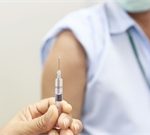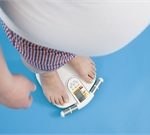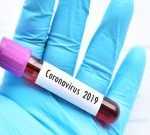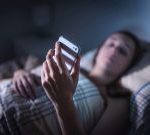
As some school sports return this fall, a number of measures should be followed to keep students safe from the new coronavirus, an expert says. “The best way to prevent risk is to remind students of frequent hand-washing or have hand sanitizers readily available, especially before, during and after practice,” said Dr. Irvin Sulapas, a primary care sports medicine physician and assistant professor of family and community medicine at Baylor College of Medicine in Houston. “It depends on the sport, but if you are touching surfaces or working with something like a football or basketball, just remember to use hand sanitizer after you’re done using it and clean the ball as well,” he said in a Baylor news release. Whenever school athletes go to a practice or game, they should practice good hygiene by: bringing their own water bottle; not borrowing other people’s athletic equipment; disinfecting equipment such as sports balls, helmets or gloves after they’re used; using hand sanitizer, and washing hands frequently. Athletes who feel sick should stay home. They or their parents should keep a daily symptom checklist as reference, Sulapas suggested. Maintaining distance is also important when practicing. Even if a practice traditionally takes place indoors, try to hold it outdoors. Limit the number of people in or around the practice area. Stagger the number of athletes who are on the… read on >


















